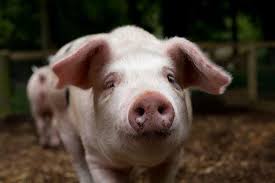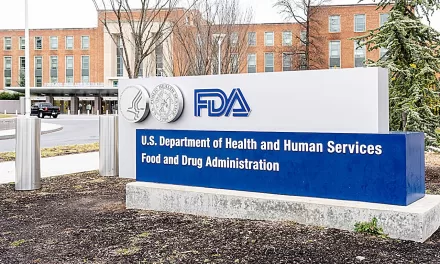Washington, D.C. — The United States Department of Agriculture (USDA) has confirmed the first case of H5N1 avian influenza in a pig in the United States. This unprecedented detection of the highly pathogenic H5N1 strain in swine was reported on a non-commercial farm in Oregon, where it was confirmed by USDA’s National Veterinary Services Laboratories on Tuesday.
The affected farm has been placed under quarantine to contain any potential spread of the virus. USDA officials reported that other animals on the premises, including sheep and goats, remain under close surveillance, though no further cases have yet been detected. The Oregon Department of Agriculture first identified the infection last Friday, with USDA confirmation following comprehensive testing.
Minimal Risk to Public Food Supply
The USDA has emphasized that the infected pig poses no risk to the public food supply. The Oregon farm in question is a small-scale, non-commercial operation, meaning its livestock was not intended for entry into the commercial pork supply chain. “There is no concern about the safety of the nation’s pork supply as a result of this finding,” USDA officials stated, assuring consumers that there is no threat to food safety.
Vaccine Trials Underway
In response to this development, the USDA has greenlit two field safety trials for vaccine candidates aimed at protecting livestock, particularly dairy cows, from H5N1 infection. Although the current case involves a pig, the trials mark a step forward in preparedness efforts, aimed at preventing H5N1 from establishing a foothold in U.S. livestock.
The H5N1 strain, primarily known for affecting avian species, has seen sporadic outbreaks globally among poultry and wild birds, leading to considerable economic impact and biosecurity challenges. While cases in mammals have been documented, including recent events in other countries, this marks the first official confirmation of H5N1 in U.S. swine, raising questions about potential cross-species transmission risks.
The USDA and Oregon agricultural authorities continue to monitor the situation and conduct additional testing to prevent any further spread.












